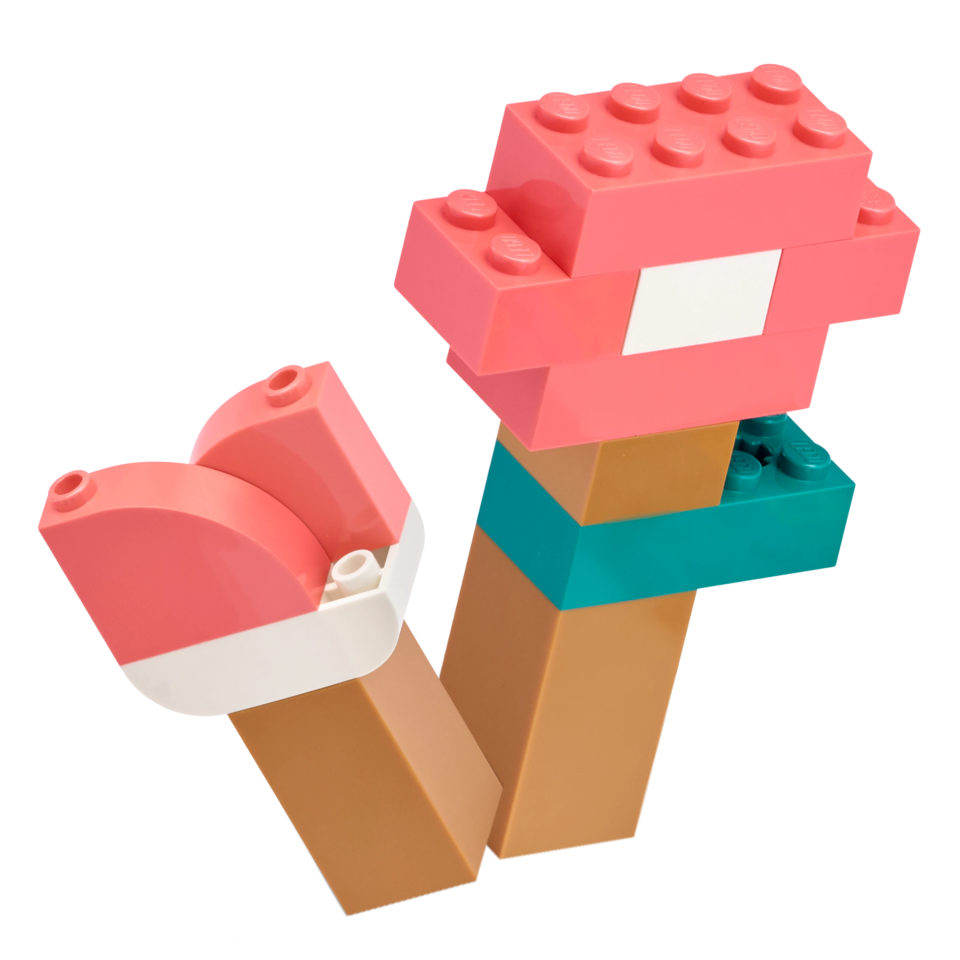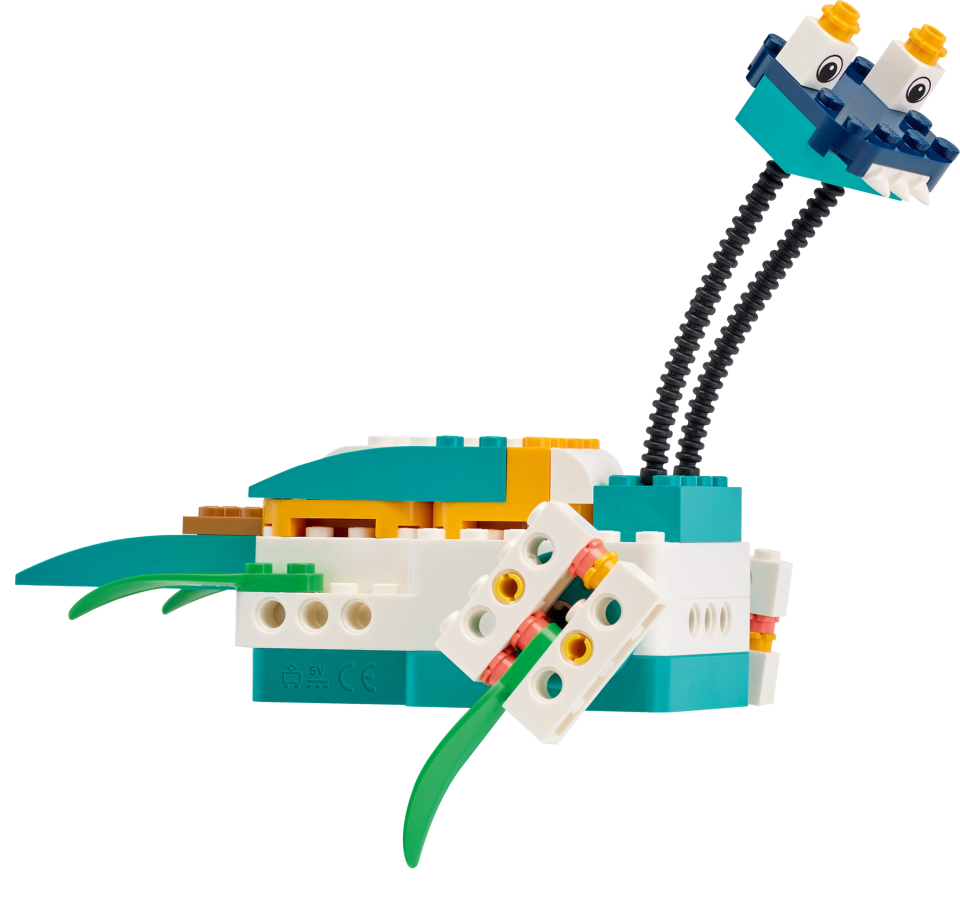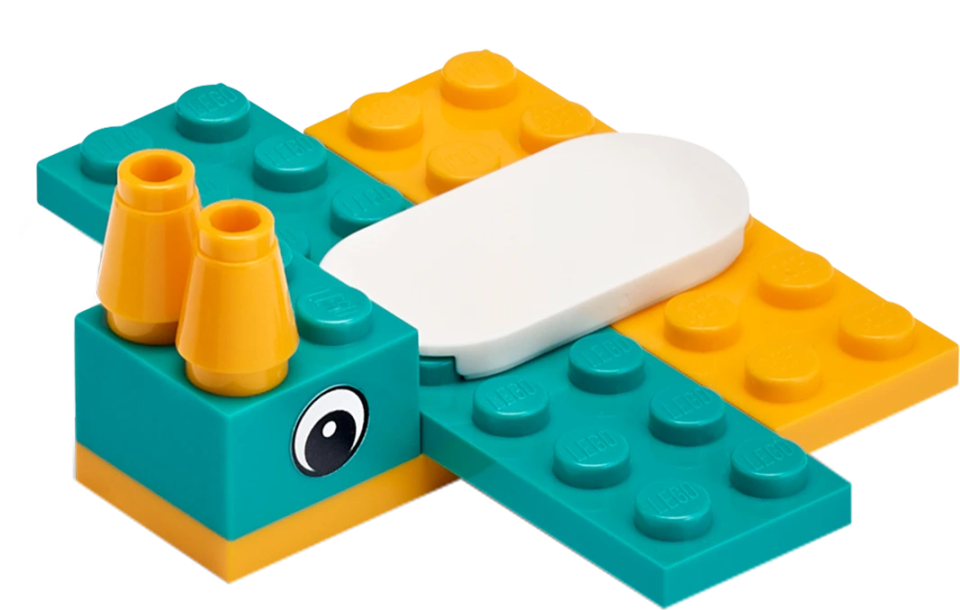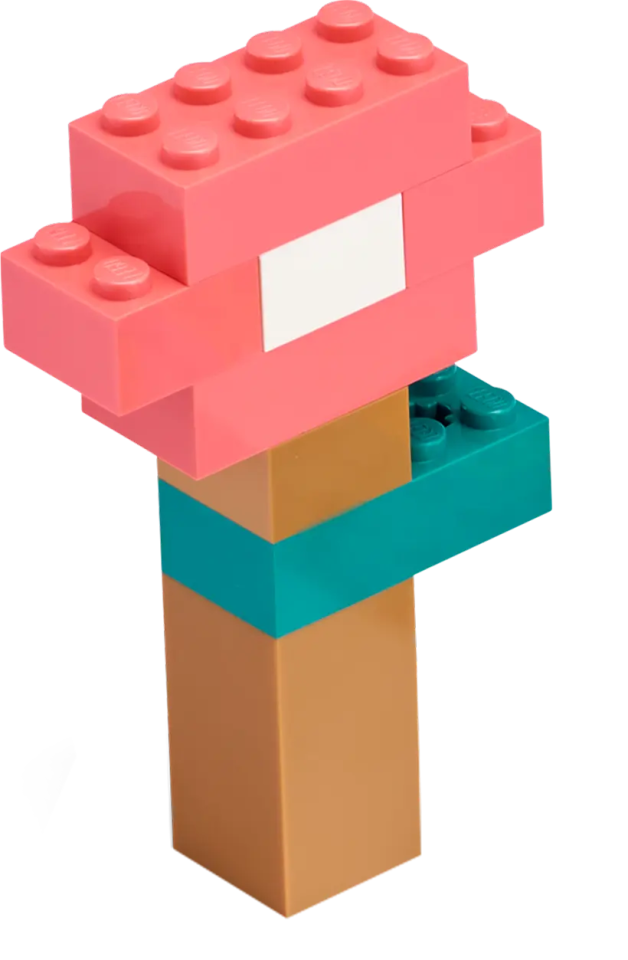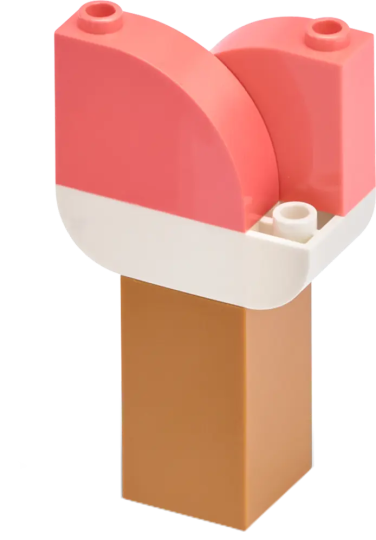Math - Distance
In this lesson children will understand how to measure distance, be able to compare distances and be able to do simple math.

Engage

Talk to the children about distance.
Ask questions like:
- How did you get to school today?
- Why do you think some people walk or bike while others take the bus?
Would you like to play a game?
Choose two or three spots around the classroom to be “train stops.”
Name the stops.
Ask the children to walk from one stop to the next and count how many steps they’ve walked.
Compare the number of steps between each of the stops.
Talk about which distance is longer and why.

Explore
Have the children pick building cards and work together to build the models shown (three models are suggested).
Ask them to build a double-ended track and place their models alongside it.
Now experiment with the app.
Let’s start the train!
Ask the children how many numbers they’ve seen in the app. Can they count from the smallest number to the biggest?
Press each number and see how far the train moves.
Have the children pick the number(s) that will help the train reach each stop
Tip: Make sure the engine is connected to the app before experimenting with the different numbers.
Explain
Talk to the children about distance.
Asking questions like:
- Why do people use different vehicles like bikes, cars, and airplanes?
- When do people take airplanes or buses?
- When do they walk or bike?
Elaborate
Encourage the children to build more stops and decide the distance between them.
Ask questions like:
- Which distance is the shortest/longest between the stops and how long is it?
- Can you describe the path of the train’s journey? (e.g., it started from…, stopped or passed…, and ended at…)
Evaluate
Evaluate the children’s skills development by observing if they’re:
- Counting using number names, and beginning to recognize the number of objects in a set
- Correctly sequencing events
- Beginning to understand and use standard and nonstandard forms of measurement
- Designing and expressing ideas using digital tools and technology
- Using strategies and planning in order to solve problems
- Making predictions
- Identifying cause and effect relationships
More Ideas
Use this lesson’s format to work with Longer Distances and explore more numbers with your preschoolers!

教師用サポート
Children will:
- Understand how to measure distance
- Be able to compare distances
- Be able to do simple math
For up to four children
Coding Express set (45025)
Coding Express App
Each lesson has been developed using the science, math and technology guidelines from the National Association for the Education of Young Children (NAEYC), the 21st Century Early Learning framework (P21) and Head Start Early Learning Outcomes Framework.
The learning goals listed at the end of each lesson can be used to determine whether or not each child is developing the relevant early math skills. These bullet points target specific skills or pieces of information that are practiced or presented during each lesson.
